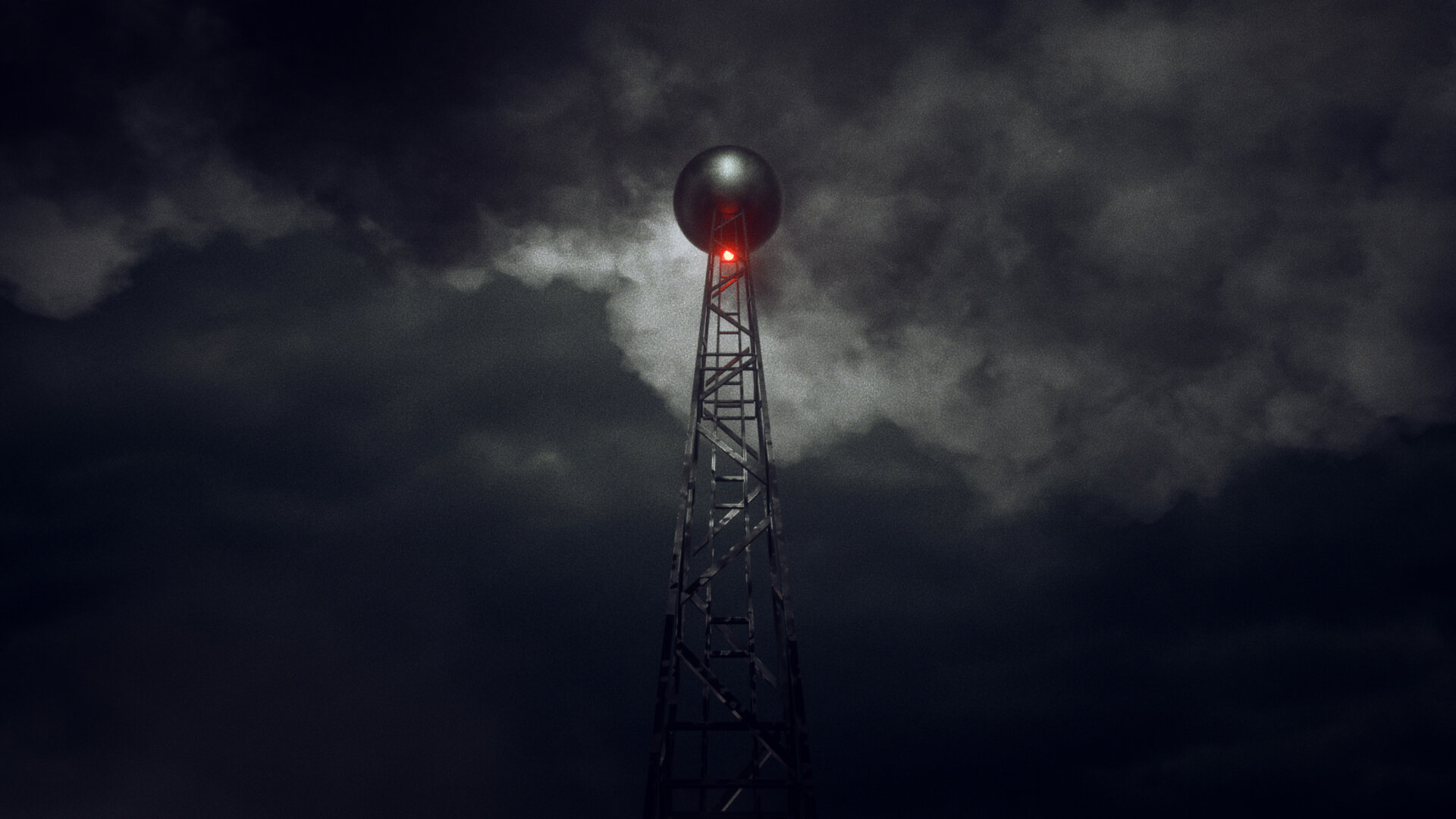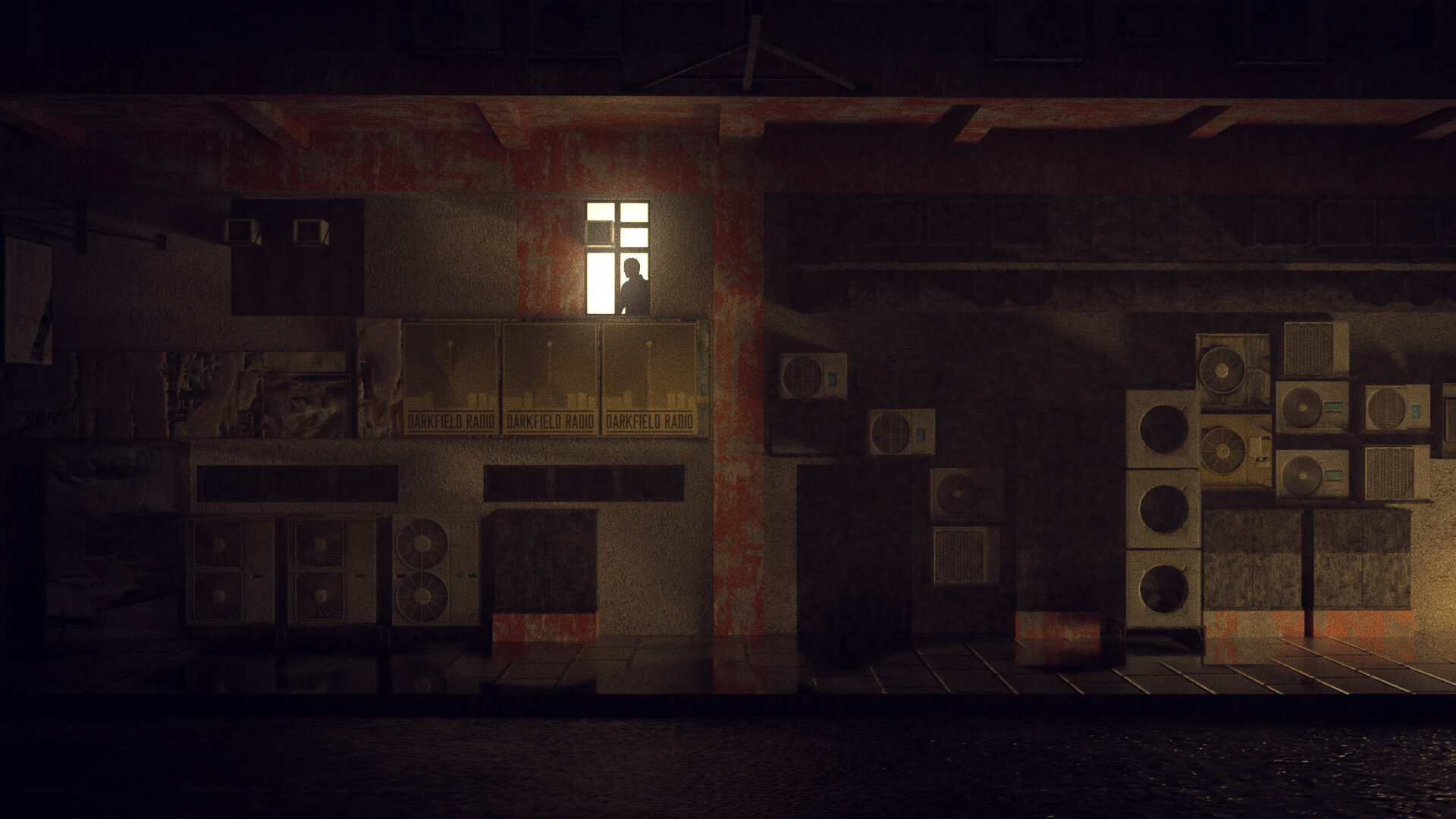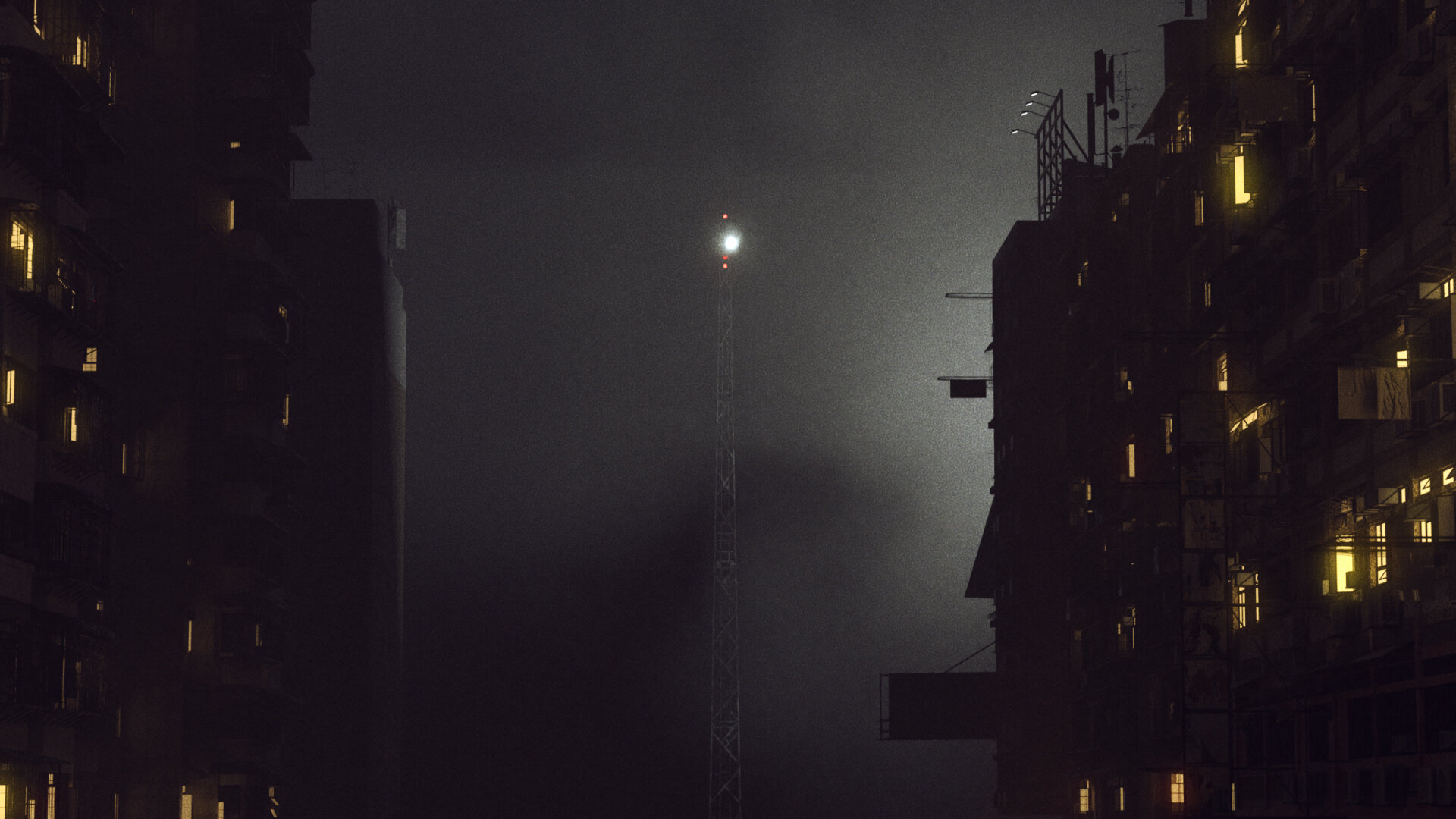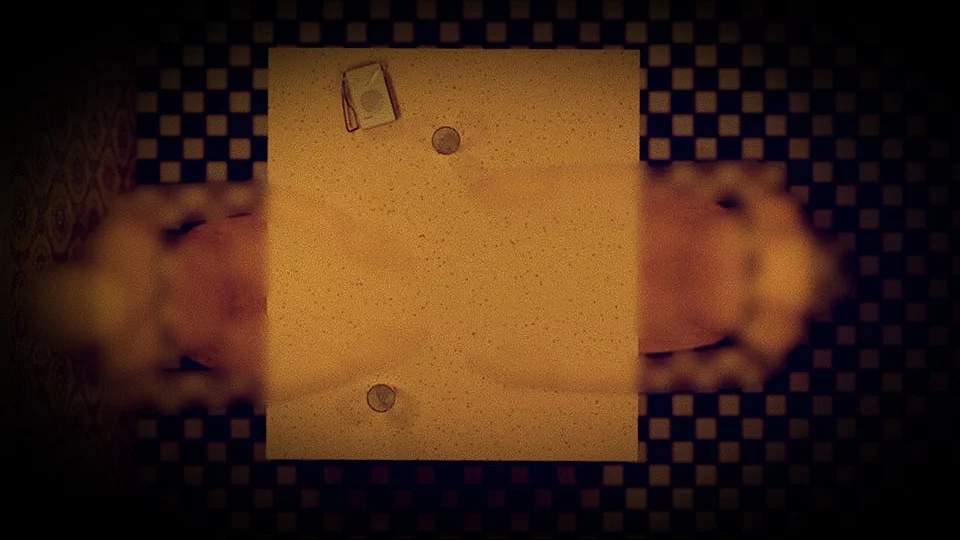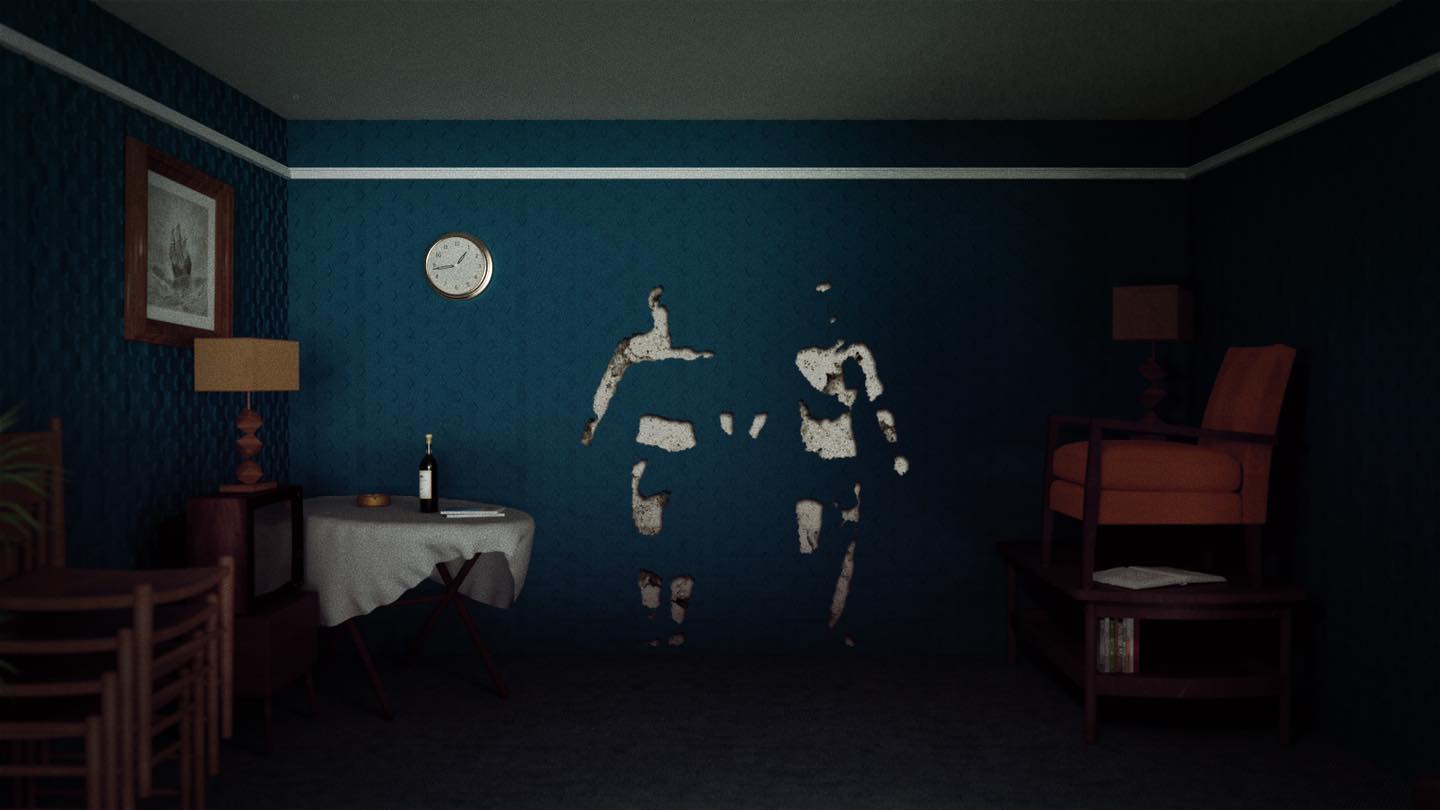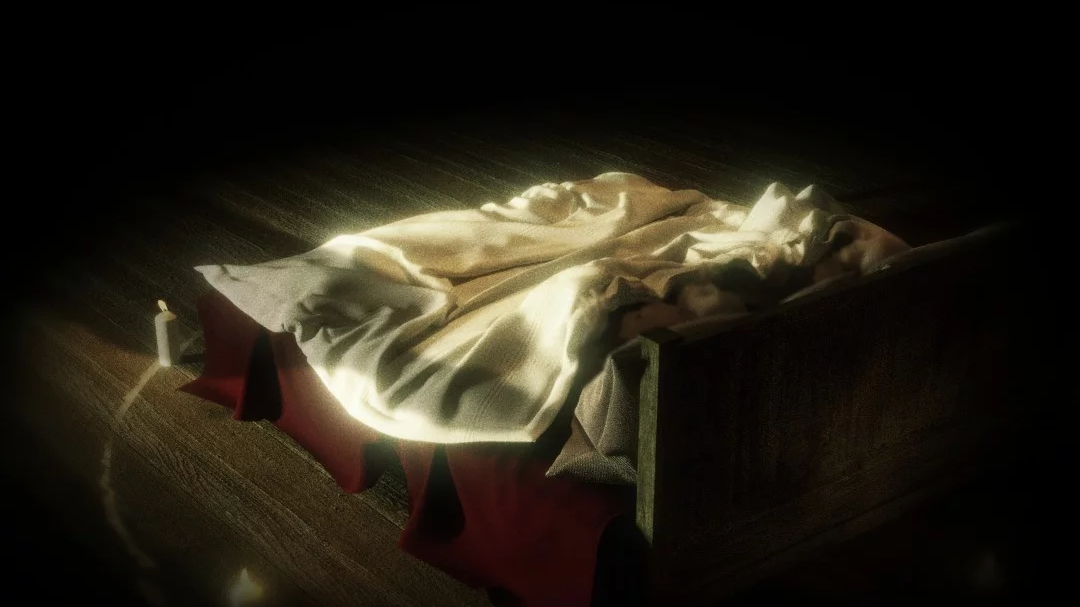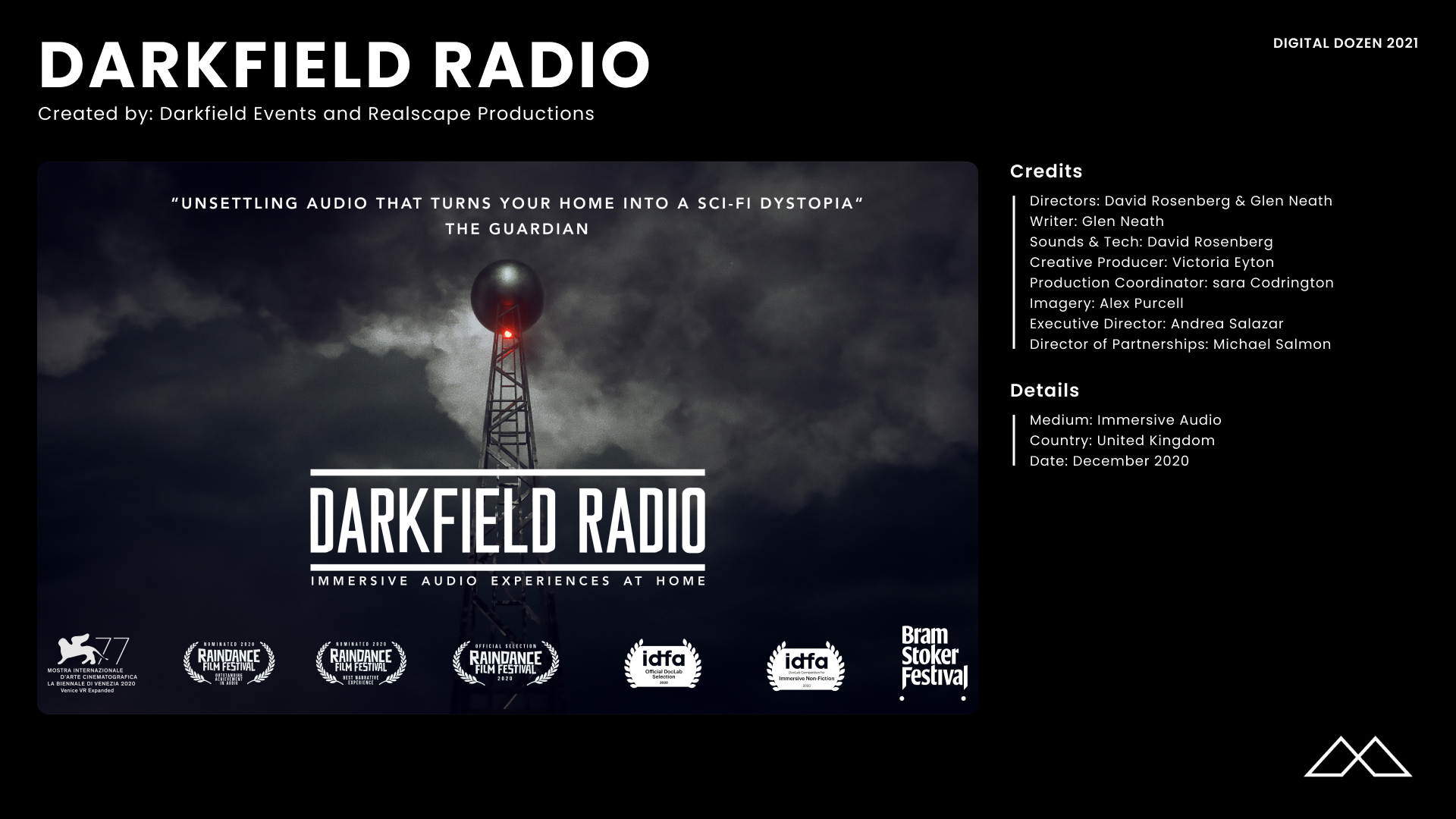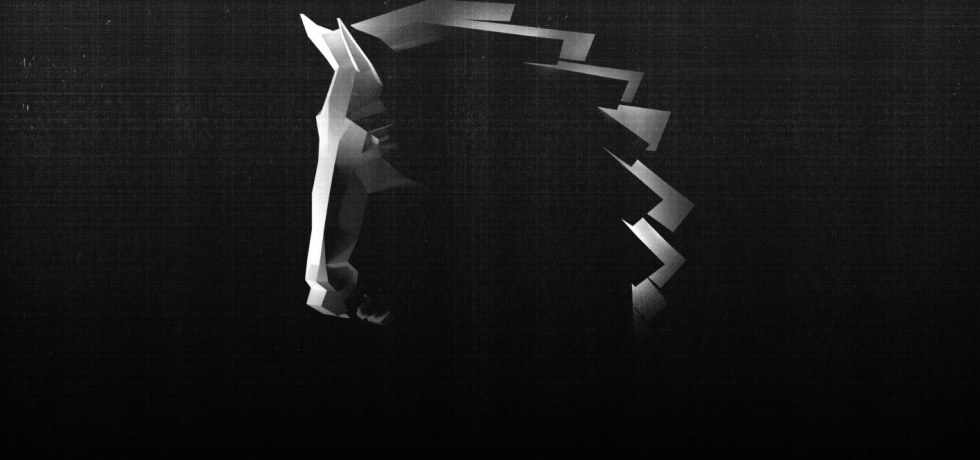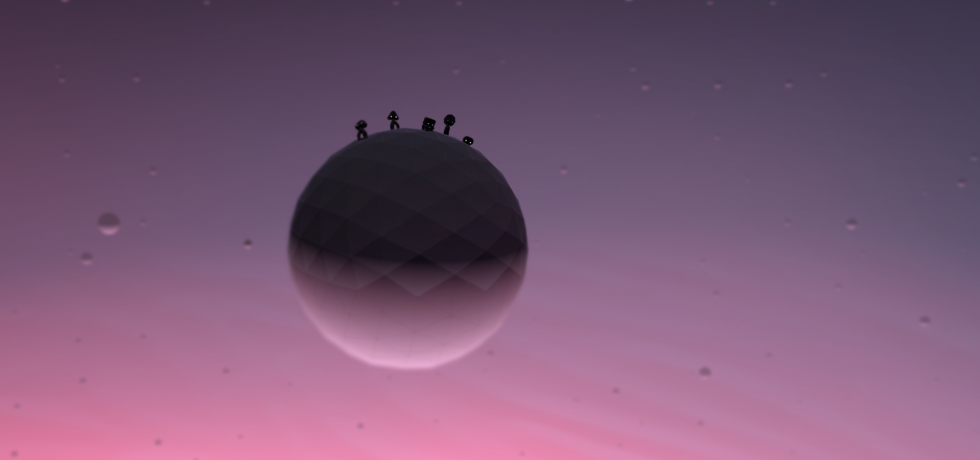Darkfield Radio
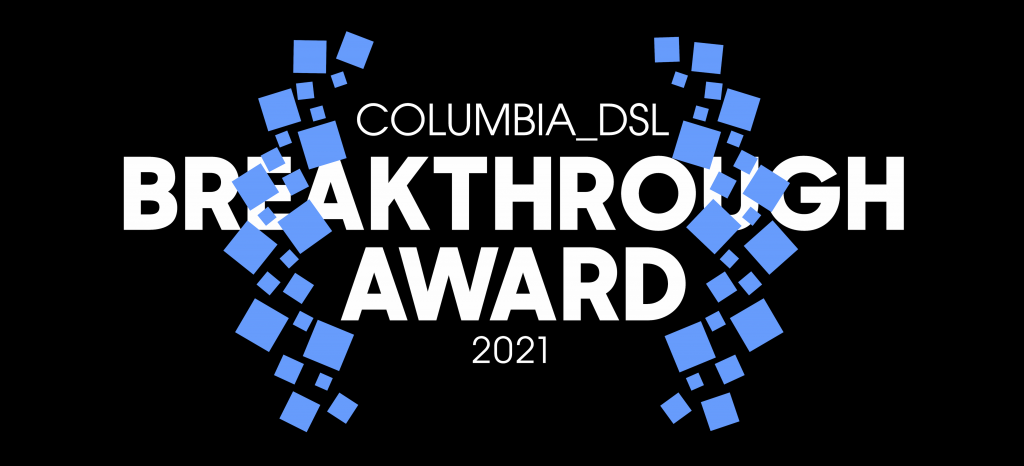
ABOUT THE CREATORS
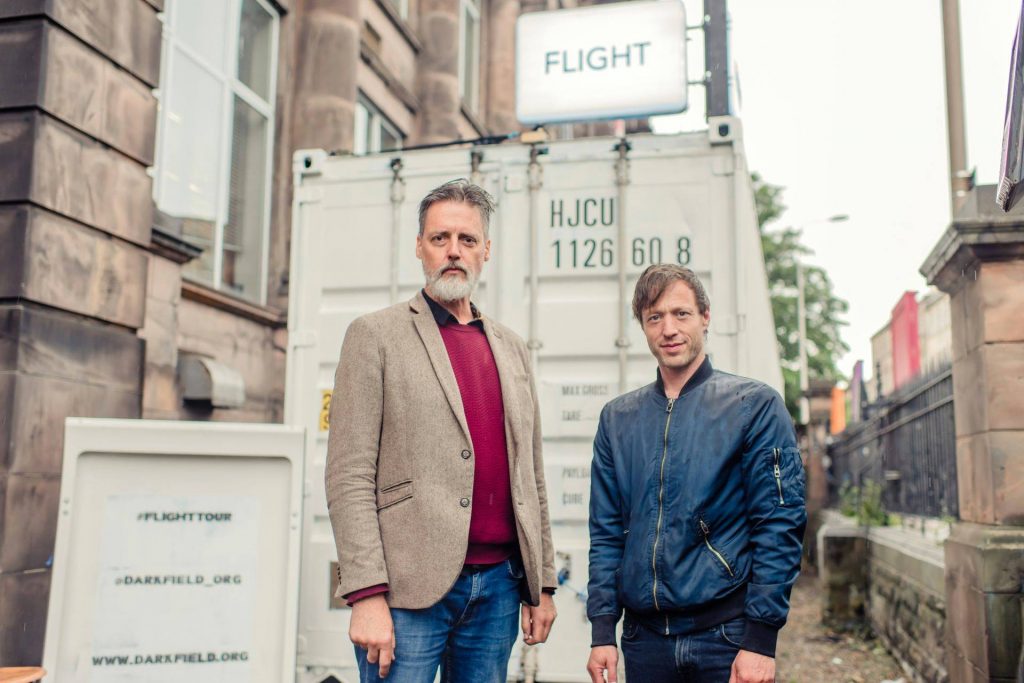
Glen Neath (left) and David Rosenberg
Darkfield, led by David Rosenberg and Glen Neath, is known for presenting intense and deeply immersive experiences in pitch darkness inside shipping containers—works that have been described as “a multi-sensory sonic theme park.” As 2020 began they were presenting three of them: Séance, Flight and Coma. The three shows were scheduled to run daily from February 28 to March 22 when the coronavirus hit. They responded with Darkfield Radio.
David Rosenberg co-founded Shunt to pursue an interest in the role of an audience in theatrical productions and directed all their shows: The Ballad of Bobby Francois, Tennis Show, Dance Bear Dance, Tropicana, Amato Saltone, Money, The Architects and The Boy Who Climbed Out Of His Face. Working with Frauke Requardt, he conceived and co-directed The Roof, Electric Hotel and Motor Show, for which he used binaural sound recordings to allow the audience intimate access to distant spaces. David co-directed DeadClub, presented at The Place, and he is one of the team behind Wiretapper, an audio project hiding performance in public spaces.
Glen Neath has written novels, plays for radio, for the stage and non-theatre locations, performed by rehearsed and unrehearsed actors and by members of the public who are also the audience. Projects include Wedding, Free Show (bring money) and Die or Run with Hannah Ringham, Hide with Lizzie Clachan, Unpack with Neil Bennun and Hello for Dummies and Romcom with Ant Hampton. His radio plays for BBC Radio 4 include Listen Up, Six Impossible Things, Occupied, The Long Count and a two-part adaptation of The Arabian Nights. His debut novel, The Outgoing Man, launched Portobello Books in 2005 and was shortlisted for the Authors’ Club Best First Novel Award.
TWO QUESTIONS FOR THE CREATORS
Why this? Why now?
We have always thought that we need total control over the environment to make the work effectively, but in the radio shows we use rooms in the audience members homes as the ‘sets’. We have been surprised at how effective the shows have been despite us not being able to turn out the lights. (All our previous work took place in complete darkness.) The audience have happily taken responsibility both for closing their eyes and accepted blame if they open them.
What was the most challenging aspect for you?
All our work places each audience member at the centre of the narrative and while this makes the shows feel very particular to everybody, it does throw up other challenges around how much of a ‘story’ we can tell. Having said that, creating literal, linear narratives has never been something we have been interested in.
